Drinking alcohol seems to be a common social activity worldwide, with millions of people enjoying their cold beers every day. Alcoholic beverages such as beer are accessible in most countries, and you just have to be above 18 years old (21 in some regions) to consume alcohol. However, there are a few countries where drinking is illegal due to cultural or religious reasons. Most of the nations that banned alcohol completely are in regions such as Africa, the Middle East, and South Asia. Some of the countries that ban alcohol completely and partially are:
Table of Contents
Toggle1. United Arab Emirates (UAE)

The UAE is a Muslim country with strict prohibitions on alcoholic beverages, including the sales and consumption of alcohol. Although the country doesn’t ban drinking alcohol completely, it is still hard to buy or sell a can of beer in this country due to the regulations.
The main reason for the absence of alcohol in UAE is because of Islam’s prohibition on drinking. With the Islam community accounting for 78% of the population, Muslims living in UAE are completely restricted from consuming alcoholic beverages on any occasions
Alcohol drinks are available for Non-Muslims in UAE, but they can only buy them in licensed shops and consume them in licensed venues, such as bars and hotels. They are also required to obtain a personal alcohol license, which can only be obtained by non-Muslim residents who are over the age of 21 and earn a certain minimum income.
The penalties for Muslims breaking the UAE’s alcohol laws can vary from imprisonment, fines, and deportation for non-citizens, depending on the situation. Non-Muslims are also responsible for their drinking activities and might face legal consequences such as fines or imprisonment when consuming alcohol without a license.
2. Brunei

The small South East Asia country is also a Muslim-majority country and interprets its regulations with Muslim laws. Unlike the UAE, Brunei completely bans alcohol within the country, including buying, selling, and consuming alcoholic beverages.
Before 2014, non-Muslims in Brunei were able to buy and drink alcohol with certain limitations, such as can only drink in authorized places with a limited amount. However, in 2024, Brunei’s president Sultan Hassanal Bolkiah established a total ban on the sale and consumption of alcohol in this country.
Non-Muslim foreigners and tourists are permitted to bring in a limited amount of alcohol for personal consumption, but they must declare it at customs and consume it only in private.
Both Muslims and Non-Muslims in Brunei must follow the alcohol laws in Brunei and be accountable for their activities. The penalties for illegal alcohol consumption in Brunei include fines, imprisonment, and even corporal punishment, such as whipping. The penalties can also be harsher for Muslims, as the Islamic religion considers alcohol consumption a sin.
3. Singapore
:max_bytes(150000):strip_icc()/singapore--garden-by-the-bay--supertree-grove-638256268-fa59e7e78b6449aaa40f68eafe6ff1a1.jpg)
Unlike other countries on the list, Singapore doesn’t ban alcohol but the sales and consumption are strictly managed in this country. You must be over 18 years old to consume alcohol in Singapore, and you can only consume it within certain hours and in authorized places.
For selling alcohol, establishments must contain a license from the government. In order to have the license, the store must meet the criteria on locations, capacity, and compliance with regulations. Licensed stores must also follow other rules such as not selling for intoxicated customers or selling outside the permitted hours.
Drinking in public is also banned in Singapore, and drunkenness is also considered illegal here, and it can lead to fines or even imprisonment. The penalties can be more severe for repeat offenders or for those who cause public disturbances while under the influence of alcohol.
4. Kuwait
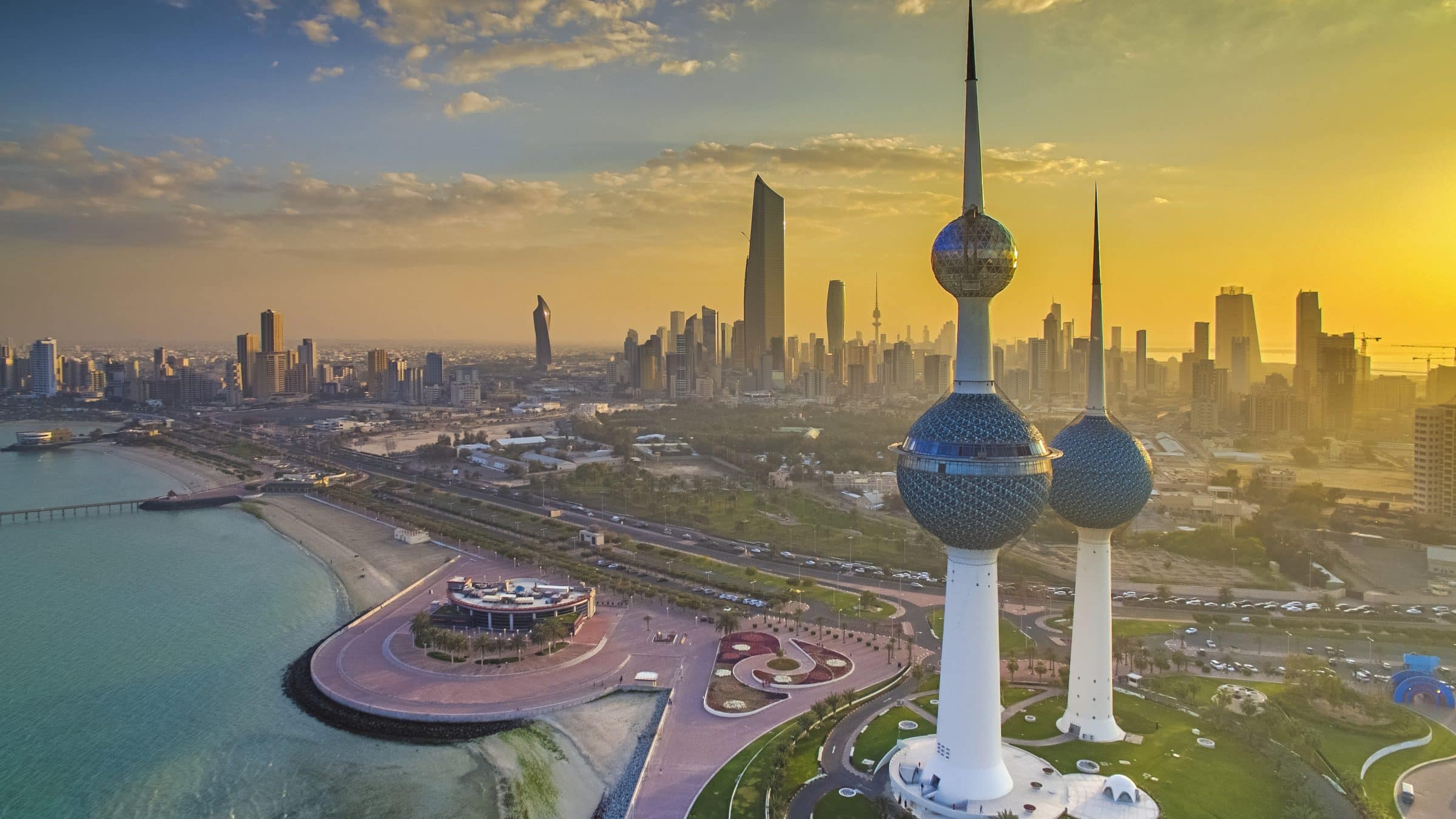
Liquor drinking, buying or selling, and production are completely disallowed in Kuwait, an Islamic country. The country additionally prohibited the import of liquor, and travelers are not permitted to carry liquor during their visit to Kuwait. Like other Islamic nations, the liquor boycott in Kuwait is additionally a translation of Islamic regulation.
Migrants who violate the rules may confront serious consequences. Punishments for disregarding the liquor boycott can incorporate fines, imprisonment, and deportation. In some cases, lengthier prison terms are applied for repeated offenders.
There are only a few exceptions on alcohol usage for non-Muslims in Kuwait. Non-Muslim residents can only consume alcohol in international hotels and restaurants. However, this is completely managed and requires the establishments to have a permit to serve liquor. The other spot where non-Muslims can buy cocktails in Kuwait is in the worldwide air terminal, yet they must be consumed beyond the country.
5. Pakistan
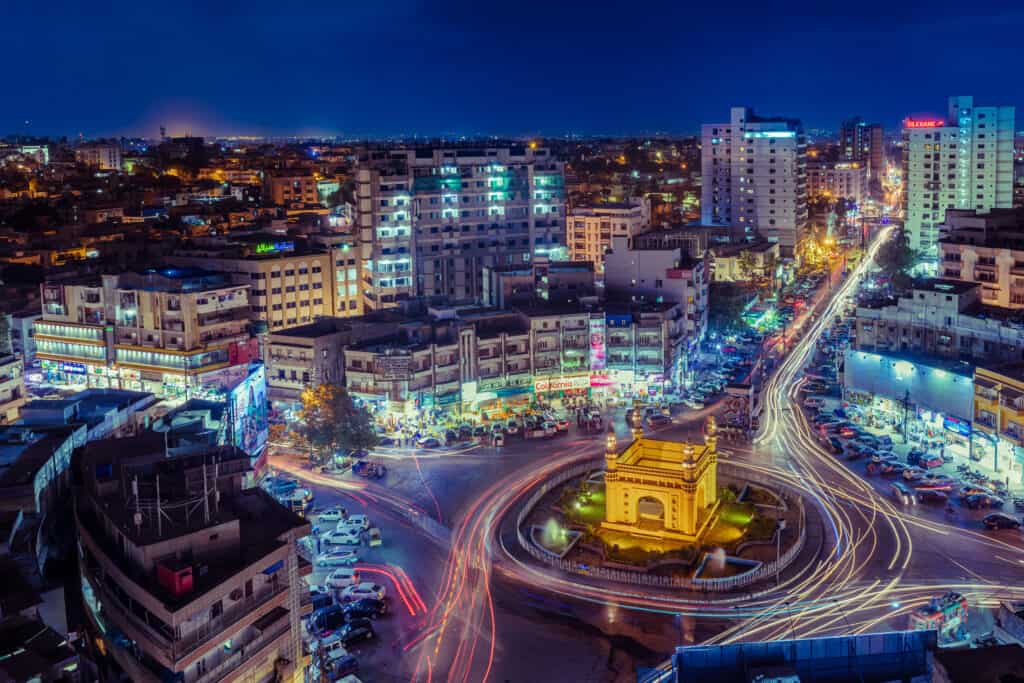
Pakistan has a complete prohibition on the utilization and exchange of alcohol. The legal system in Pakistan follows a strict interpretation of Islamic law, and those found guilty of alcohol-related offenses can face harsh punishments. Punishments for selling, delivering, or drinking liquor will depend on the seriousness of the case.
Pakistan doesn’t permit non-Muslims to drink liquor, and there are no authorized spots for selling and consuming liquor in this country. The only way you can drink in Pakistan is by having a license from the authority. This permit isn’t accessible to people in general and is usually issued for diplomatic purposes and foreigners in international organizations.
6. Libya
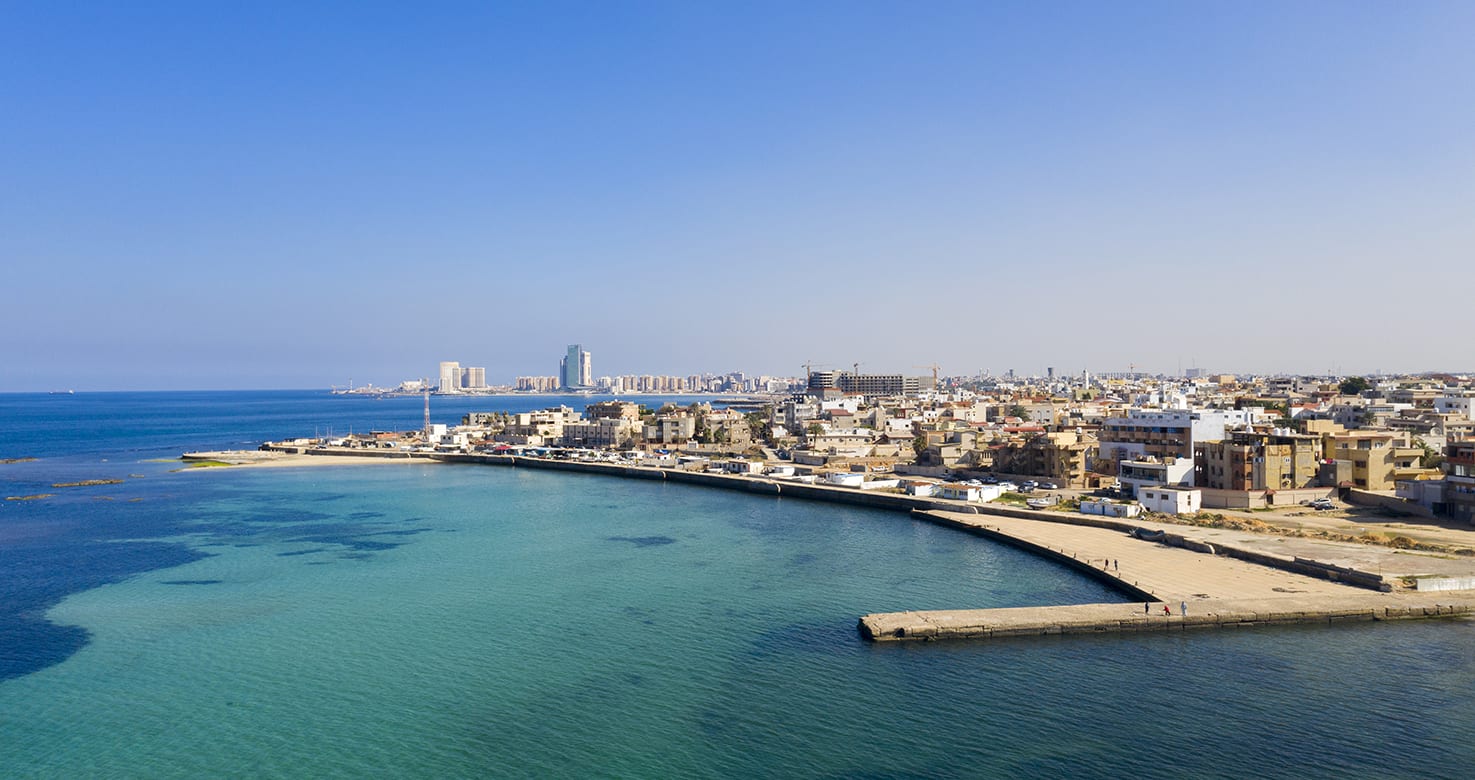
Libya prohibits possessing, trading, and consuming any type of alcohol. The Islamic country has strict laws on alcohol and harsh punishments for those who violate them. The penalties generally are fines, imprisonment, and deportation for foreigners. Even if you are a non-Muslim Libyan, you are still restricted from using alcohol. The only exception is for foreigners working or living in Libya, and they must obtain a permit from the government
7. Yemen

Yemen’s Islamic regulations and culture preclude the usage of liquor in any form, including trading or possessing alcoholic beverages. Trading, possessing, or consuming liquor is unlawful and can bring about punishments like fines, prison, and public lashings. The country has a zero-tolerance policy towards alcohol, and any form of possession, trading, or consumption of liquor is strictly prohibited. Furthermore, the sale or import of alcohol is prohibited in Yemen, and anybody found smuggling or selling it faces serious legal repercussions.
8. India

Regardless that alcohol isn’t totally prohibited in India, the nation actually restricts the use of liquor in a couple of states. For example, the province of Gujarat has a total restriction on liquor, while different states like Nagaland, Manipur, and Mizoram only have partial restrictions. The legitimate age in India to drink depends on each state’s guidelines, and the reach is from 18 to 25 years of age.
Generally, you can buy alcohol in licensed shops and authorized restaurants in most parts of India, while certain states only allow selling liquor at government-run stores. Penalties for violating alcohol-related laws in India can vary by state and offense. For example, consuming alcohol in a public place or while driving can lead to fines and imprisonment.
9. Sudan
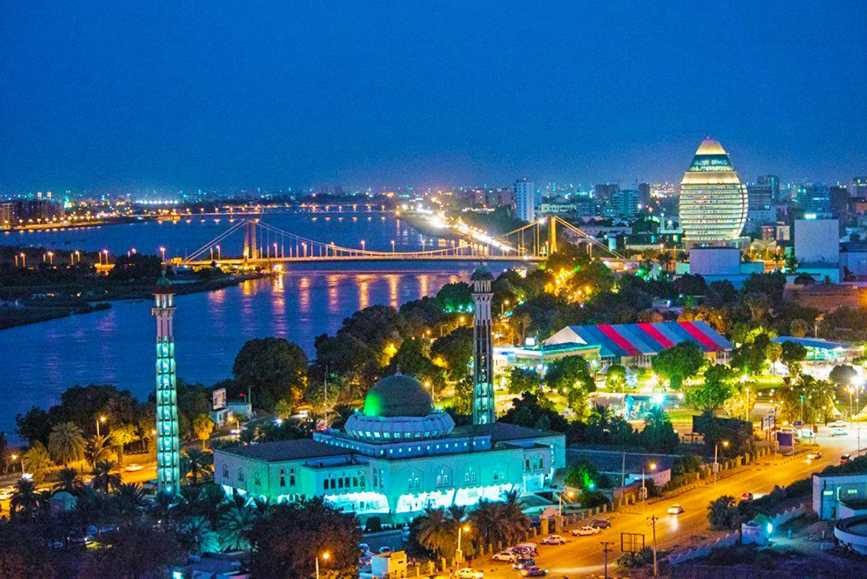
Sudan is an Islamic country, and the consumption, sale, and import of alcohol are prohibited by law. The ban on alcohol is based on Islamic Sharia law and is strictly enforced by the Sudanese government.
The individuals who break the drinking boycott can confront serious legitimate results, including fines, detainment, and public beating. What’s more, non-Muslims who wish to drink liquor for clinical reasons should get a license, which is frequently hard to get for most people.
10. Qatar
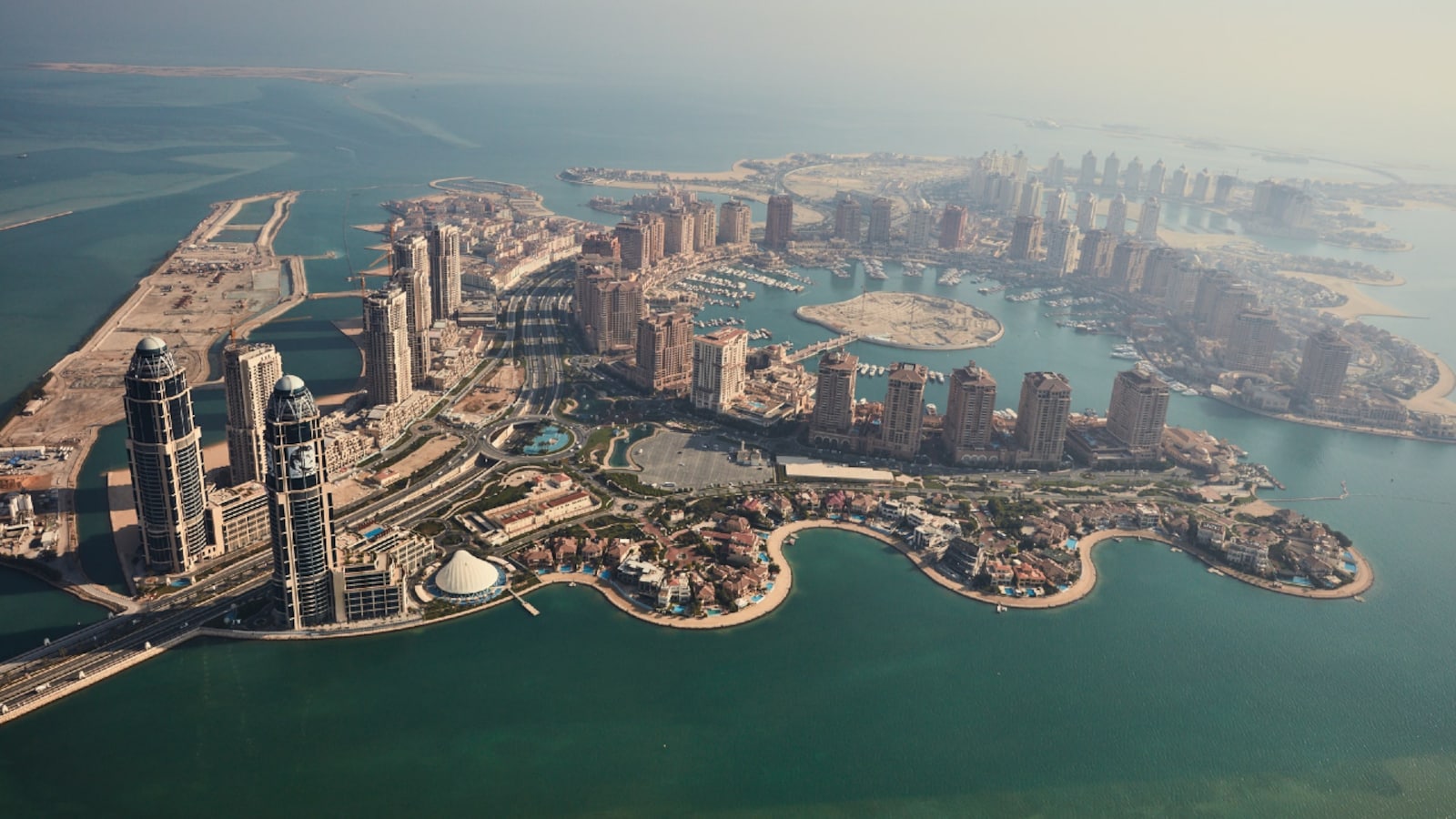
The recent host of the FIFA World Cup 2022 is infamous for their strict laws of banning alcohol in stadiums during the largest sporting event in the world. These regulations aligned with the country’s interpretation of the Quran like other Islamic countries.
However, the alcohol ban in Qatar is not as harsh as others. Muslims in Qatar are not allowed to drink in public and must have to obtain a permit if they want to consume it in public. Foreigners, such as tourists, can only buy alcohol at licensed establishments such as bars and some hotels. However, the price of beer and wine is very high due to the special import tax. In addition, tourists cannot bring alcohol into Qatar, even if they buy it at a duty-free shop at the airport.
Tips for tourists
While drinking alcohol may be a normal activity in certain cultures, it is prohibited in others; thus, it is crucial for tourists to respect the local traditions and customs in these nations. Visitors should also be aware that there can be serious repercussions for breaking these alcohol prohibitions, including fines, jail time, and even deportation.

I am a passionate beer connoisseur with a deep appreciation for the art and science of brewing. With years of experience tasting and evaluating various beers, I love to share my opinions and insights with others and I am always eager to engage in lively discussions about my favorite beverage.
















